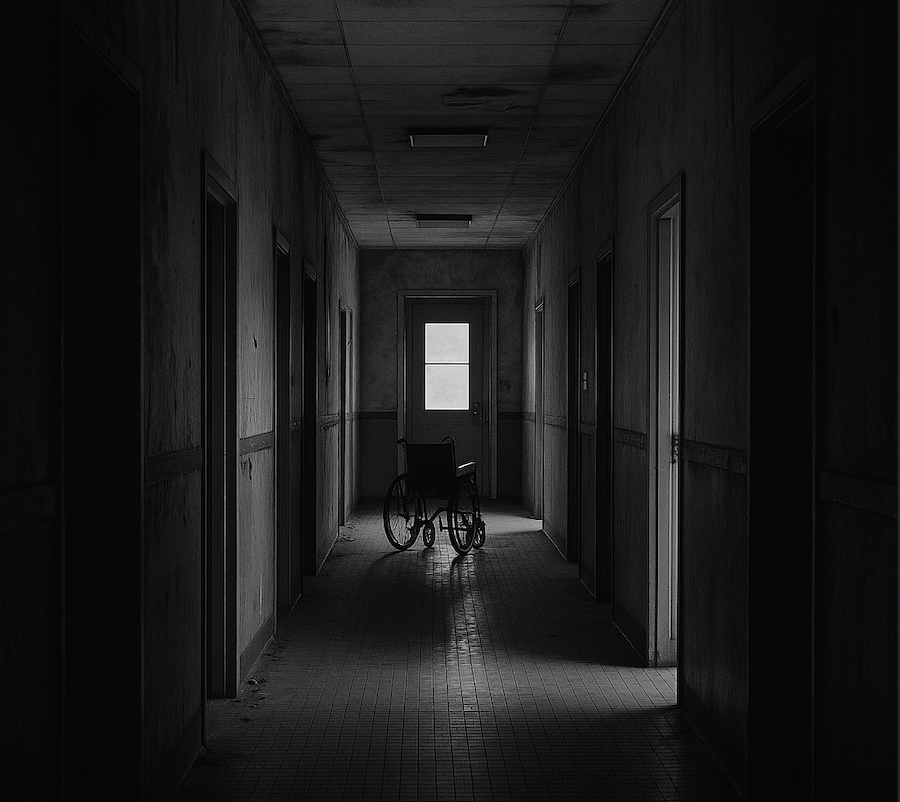When We Shut the Doors: The Collapse of Mental Health and Human Dignity in America
- Radically Right

- May 31, 2025
- 2 min read
Updated: May 31, 2025

I was barely in my twenties, doing psychology hours in college, when I walked into Fellowship House in Miami—a facility for people with severe mental disorders. Schizophrenia. Bipolar. Depression so deep it swallowed people whole. It wasn’t abstract in there. It was real. It had a face.
Most of them had been found on the streets. And even back then, I started to ask—what happened to us? Why did we close down the institutions that were meant to help people like this?
Yes, there was corruption. Yes, some were abusive. But instead of fixing the system, we threw it away—and left the patients behind.
We shut the doors and called it progress. What we really did was abandon the vulnerable and dismantle our mental health infrastructure.
And to tell the truth—even the leaders many of us respected played a role. In 1981, President Ronald Reagan signed the Omnibus Budget Reconciliation Act, which slashed federal mental health funding and shifted responsibility to the states. The result? Mass closures of psychiatric hospitals, a gutted system, and millions left with nowhere to go.
That decision haunts our streets today.
Now we hand out clean needles and Narcan like party favors. We pat ourselves on the back and call it compassion. But it’s not compassion to let someone slowly die because we’re too afraid—or too apathetic—to fight for something better.
This isn’t help. This is surrender with a smile.
We say we’re helping addicts survive. But who put them on the streets to begin with? Who let them wander without treatment, without housing, without care? Who decided they weren’t worth rebuilding the systems that could have kept them alive—and whole?
• In 2022, nearly 49 million Americans aged 12 or older had a substance use disorder.
• Over 107,000 people died from drug overdoses in a single year.
• Fentanyl is now the leading cause of death for Americans aged 18–45.
• Xylazine (Tranq) is being mixed into the drug supply—causing flesh to rot and overdoses that Narcan can’t reverse.
• 67% of the unhoused suffer from mental illness.
• Over 6 million Americans have opioid addiction.
• More than 3.7 million live with schizophrenia spectrum disorders.
The drugs on the street today are stronger than death. Fentanyl.. Xylazine. People are rotting in real time. And still, we say, “At least we gave them clean needles.” I’m sorry, but that’s not enough. That’s not how a society survives.
We don’t let the mentally ill and addicted fend for themselves and call it dignity. We don’t hand out Narcan like Band-Aids and call it a solution. We are watching collapse happen in plain sight—and we’re pretending it’s empathy.
I’ve seen what real mental illness looks like. I’ve seen the people we forgot. And I can tell you with full confidence:
A society left to fend for itself—without truth, without courage, and without real mental health infrastructure—will collapse.
And we're already halfway there.
Comments